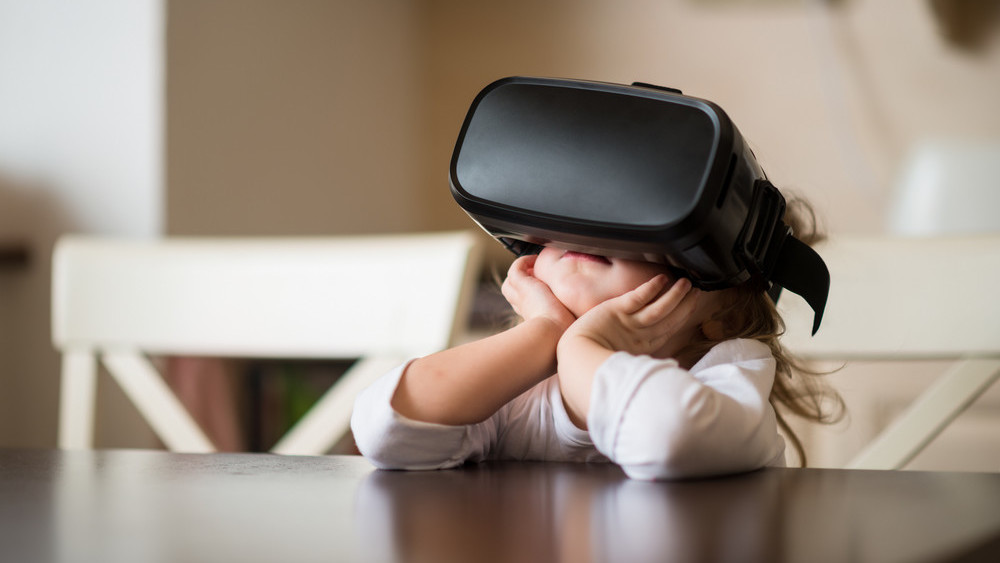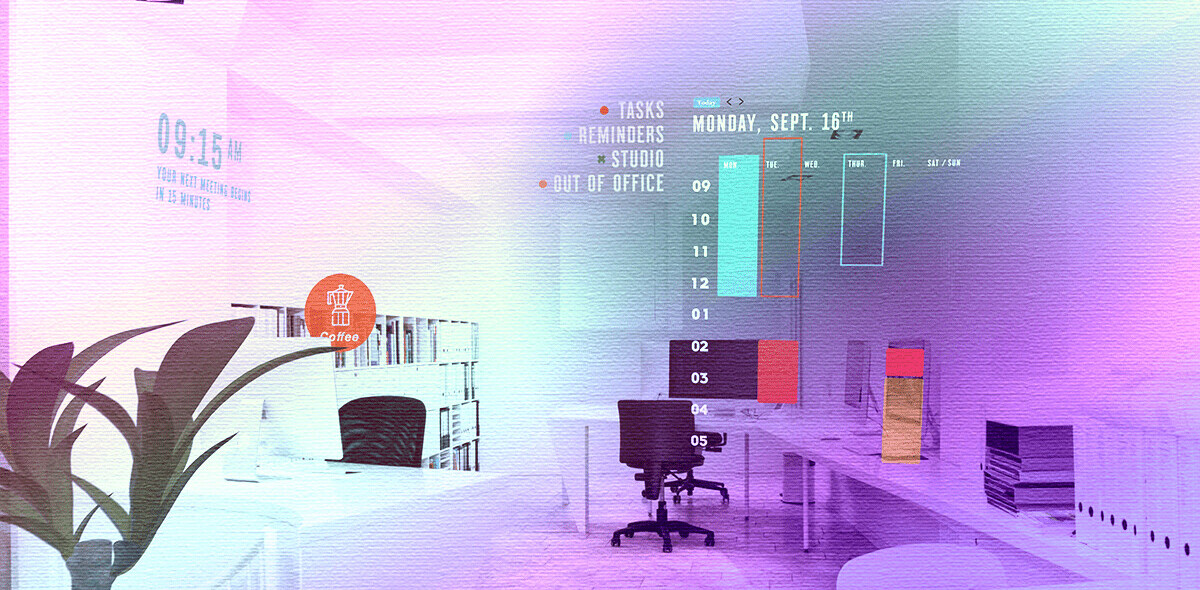
Raising children has always been tough work. Whether in ancient Greece or modern America, there have always been distinct cultural challenges that come with parenting. Each generation of parents must deal with a new set of issues. It just so happens that one of today’s biggest issues is the ubiquitous and addictive nature of technology.
Children and Technology: A Peek Behind the Numbers

According to a study from Common Sense Media on the use of technology by children under the age of eight, 98 percent of homes with children now own at least one mobile device (up from 52 percent in 2011). In fact, 42 percent of young children now have their very own tablet devices. Furthermore, 42 percent of parents say that the TV is on “always” or “most of the time” in the home.
Most shocking, perhaps, is the fact that children spend an average of 2 hours and 19 minutes per day with screen-based media. And as income-levels drop, use of media among children seems to rise. Children from lower-income families making less than $30,000 annually spend an average of 3 hours and 29 minutes with screen-based media. By contrast, children in higher-income families making more than $75,000 per year spend 1 hour and 50 minutes per day with screens.
“About the time that children are teenagers they’re spending over, let’s say, 6 hours engaged with these screen devices,” says Steve Gortmaker, professor of health sociology at Harvard University. “You see rapid increases, and a growing kind of inequality in terms of who’s spending their time with these devices, and it’s worrisome in just a lot of ways.”
But this isn’t exclusively a child problem. At the root of the issue is the fact that parents have their own addiction to technology and screen time. The average American adult is spending more than 11 hours per day consumed by media – up from 9 hours and 32 minutes per day just four years ago. So it’s really a family problem. Until it’s viewed as such, very little progress will be made.
How Much Screen Time is Too Much Screen Time?

It’s virtually impossible to be a productive or engaged member of society without some exposure to screens and digital media – even as a young child. But there’s clearly a point where too much technology becomes dangerous.
A research project in Canada has been following nearly 2,000 young people from infancy into their teenage years and the results are alarming. Children who spend the most time glued to screens from a young age face the highest risk of emotional, psychological, and physical health issues.
According to journalist Brett Arends, who combed through the study and wrote a piece for MarketWatch, “Those children were more likely to become depressed by age 12 or 13, to be the victims of bullying, to be aggressive, to have lower interpersonal skills, to have unhealthy diets, and to be overweight, the researchers found.”
Parents are often the culprits of technology consumption among young children, but they can also be the solutions. By practicing self-control, limiting their own screen use, and establishing restrictions on screen usage within their homes, they can drastically reduce the time kids spend exposed to media and provide more opportunities for free thinking, physical activity, and exploratory play.
Ironically, it’s the parents who work in Silicon Valley who often have the strictest rules on technology usage in their own homes. Bill Gates is famous for being a low-tech parent. Chris Anderson, former editor of Wired and current CEO of 3D Robotics, has strict rules too.
“My kids accuse me and my wife of being fascists and overly concerned about tech, and they say that none of their friends have the same rules,” says Anderson, who has five children between the ages 6 and 17. “That’s because we have seen the dangers of technology firsthand. I’ve seen it in myself, I don’t want to see that happen to my kids.”
There’s a big burden on parents to step up and create some restrictions. It’s countercultural and sure to incite frustration from kids who have already been exposed to screens, but it’s a necessary step for the development and well-being of our youth.
The Fine Line Between Privacy and Responsibility
On a separate, yet related note, parents need to consider how they’re using technology to monitor and track their children. According to a survey of 2,000 parents with kids between the ages of 3 and 18, 76 percent use a smart tech device to aid in monitoring their children. This includes devices like security cameras, video doorbells, WiFi-enabled baby monitors, and GPS apps.
Some of the monitoring is positive. For example, 51 percent of parents say they use it to control or limit the amount of time children use the internet or social media. But there’s a fine line between basic monitoring and a violation of privacy.
Many parents of teenagers now use apps or devices to track the location of their children. And while the intentions may be fine, the ramifications can be costly. When teenagers sense that their freedoms are being violated, it can damage the relationship with their parents.
Research reveals that teenagers who believe their parents are invading their privacy have a higher level of conflict within the home. And those who are resentful of being digitally tracked will go through great pains to throw parents off the trail – often resorting to extreme measures and dishonest behaviors.
In a world with so much access, parents have to set their own boundaries and learn where to draw a line in the proverbial sand. It’s not easy, but it’s something that must be done.
Parenting With a Purpose

Parents can’t ignore technology, media, and screen time. As one of the biggest challenges in modern parenting, these issues must be dealt with proactively and purposefully. While there’s a time and place for technology, too much can become too dangerous. It’s time to create some structures that promote healthy growth and development.
Get the TNW newsletter
Get the most important tech news in your inbox each week.





